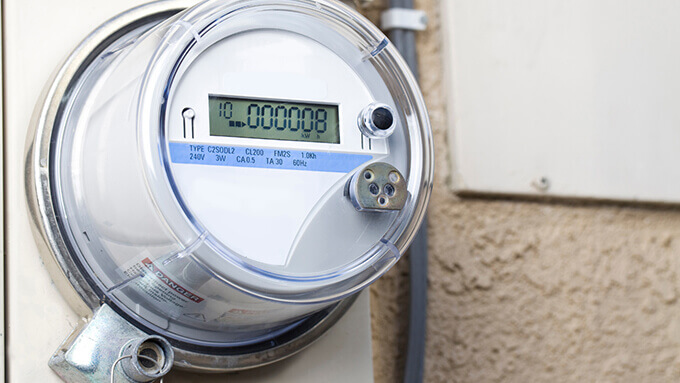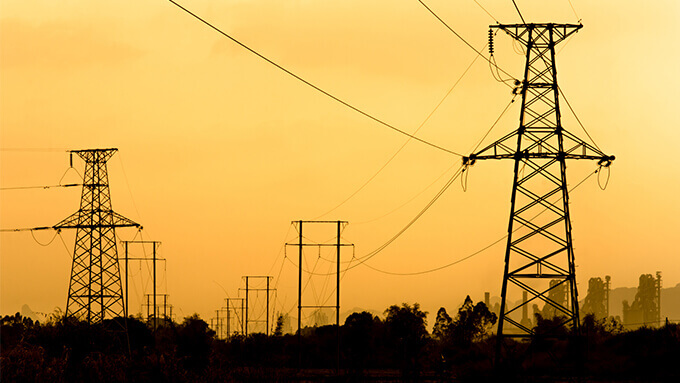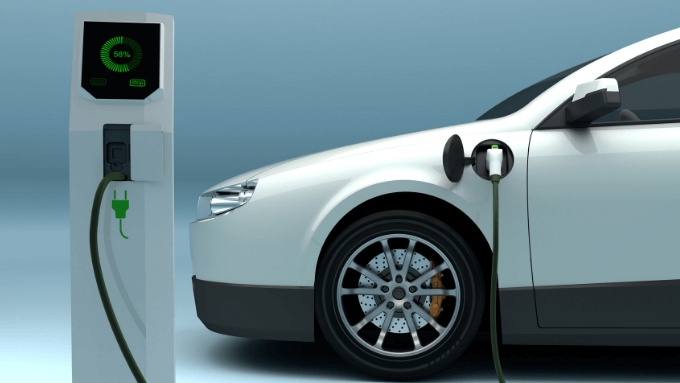Control of Packing Wastes in Turkey and the General Framework of Legislation
Introduction
Developments in waste industry offer new opportunities to our country. Official data show that the number of licensed facilities has reached 1143 as of 2016, while it was 28 in 2003. Number of institutions authorized in accordance with the environment legislation is 12, including 4 that are for packing wastes. It is observed that a new and extended market is rapidly forming in the area of waste managing.
The basis of the legal regulation of control of packing wastes is Regulation of Control of Packing Wastes (“Regulation”) that was published on the Official Gazette numbered 28035 on 24 August 2011. The regulation is based on the United Nations Directive on Packing Wastes (“Directive”) dated 20 December 1994 numbered 94/62/EC, as a result of European Union membership process and endeavor of harmonization of our national legislation with the legal acquis of European Union.
EU Directive on Packing Wastes (94/62/EC)
Objective of the Directive is to harmonize the national measures regarding administration of packing and packing wastes in order to both prevent or lessen the harm of these materials on the environment in all member states and third countries; and enable the functioning of internal markets, remove the barriers before trade and prevent disruption and limitation of the competition in the Union. Directive aims to determine the minimum targets that will be implemented by the member states. Member states can determine higher targets and packing wastes administration systems can be different from each other.
The definition of administration within the scope of the Directive is broad in a way to include any kind of product that is used to protect, carry and launch the product along with any kind of packing that is on the market. Objective of the directive is to prevent the formation and lessen the amount the formation of packing waste in order to protect the environment while not disrupting the packing trade and taking measures to prevent the deterioration of competition in the market. It is to encourage recycling or re-obtaining of packing waste and thus developing criteria and limitations to develop politics and legal legislation concerning reduction of packing wastes.
Directive on the Control of Packing Wastes
As a result of the necessity of harmonization of EU’s acquis with legal acquis within the context of Turkey’s member state status, Directive on the Control of Packing Wastes was adapted as Regulation on Packing and Control of Packing Waste on 2004 and published on the National Gazette on 30 July 2004. The directive entered into force on January 1, 2004. Parallel to the amendments made to the UN Directive, the Directive has taken its current form by undergoing changes first on 2007 and then on 2011, taking the necessities of the sector into account.
Directive determines the technical and administrative standards regarding production of packing that possess certain qualities, prevention of formation of packing wastes, reutilization of the amount of dismissible packing waste, reduction of packing wastes by recycling, separate collection at the source, carrying and decomposition.
Within the scope of the directive the principle of “extended producer liability” is used as the basis and thus the liability is on the businesses that put packed products on the market. Businesses are liable to inform the kind and amount of packing they put on market through Packing Information System and ensure that these packing are collected for recycle and reutilization. Moreover, it is the responsibility of the businesses to absorb the expenses of recycling and reutilization.
Furthermore, technically waste administration is substantially left to municipalities though market launchers are responsible from the financial administration of packing wastes.
Draft Study on Regulation on Packing Wastes Control
Considering the exigencies in the sector and the changes that have been made in the EU Acquis Communautaire the Draft Study on Regulation on Packing Wastes (“Draft Regulation”) has been prepared and it’s been submitted to the public opinion on 23rd March 2016.
In the Draft Regulation the scope of regulation has been indicated as “all packing that have been released to the market and these packing’s’ wastes”. Therefore, as in the current regulation, regardless of their domestic, industrial or commercial nature, all packing and packing wastes that are made of plastic, metal, glass, paper-carton, composite and the like materials are in the scope of the Draft Regulation.
Distinctly from the Regulation, in the Draft Regulation, it’s been explicitly given place to the concept of “extended producer responsibility”. Whereas the Article 4 of the Draft Regulation refers to “extended producer responsibility”, Article 9, which stipulates the packing producers’ liabilities, indicates that the first liability of the packing producer is “as part of the extended producer liability, to produce, as from the packing design phase, with the minimum waste production after the manufacture and usage, with the easiest recycling and recovery, with the most economical and the least environmentally harmful manner.
Within the context of the current Directive, “Extended producer liability” means the usage of repair, reutilization, fragmentation and recycling processes and application of one of the methods that design, production and sale that favors and enables the efficient usage, in order to reach the aim of efficient use of resources in the free movement of the products in the market.
The remarkable matter in the Draft Regulation is that different objectives have been defined for the recycling and recovery of packing wastes. Alongside the Authorized Institutions’ and the market launchers’, that apply the deposit system, “supply oriented” packing waste recycling objective, it’s been designated non supply oriented recycling and recovery objective throughout the country.
The requirement for obtaining environmental license for the persons and institutions that desire to be in service for the purpose of packing waste parsing, recycling and recovery, has been regulated under the Draft Regulation as well. In the event that these facilities don’t comply with the designated conditions in the Draft Regulation, the execution of administrative sanctions have been foreseen within the scope of the Environmental Law numbered 2872.
All rights of this article are reserved. This article may not be used, reproduced, copied, published, distributed, or otherwise disseminated without quotation or Erdem & Erdem Law Firm's written consent. Any content created without citing the resource or Erdem & Erdem Law Firm’s written consent is regularly tracked, and legal action will be taken in case of violation.
Other Contents

The load increase / reduction instructions issued by the Türkiye Elektrik İletim Anonim Şirketi (“TEİAŞ”) and market participants’ obligations relating to real-time balancing usually become a point of interest following power outages, malfunctions, and/or administrative investigations...

The ongoing transformation of Türkiye’s energy sector demands that legal frameworks evolve just as rapidly. Goals such as increasing the share of renewables, enhancing supply security, accelerating investment timelines, and ensuring operations remain environmentally sustainable have driven significant legislative...

Despite the emphasis on “small-scale generation” regarding unlicensed (license-exempt) electricity generation plants in the Regulation on Unlicensed Generation in the Electricity Market (“Unlicensed Regulation”) , especially in the last three years, quite a few unlicensed electricity generation plants have...

A comprehensive inclusion of renewable resources in the energy mix makes the system less predictable and flexible. To offset this, additional flexibility is expected from the demand side. This flexibility may be attained is through by implementing demand-side awareness and market participation of the...

In the physical electricity trade, the metering of electricity plays a very important role in several respects such as (i) the metering of actual deliveries and receipts of electricity, (ii) estimation of the electricity generation and consumption in advance, (iii) determining the price payable by the parties for electricity supply...

Turkish electricity market has been going through turbulent times particularly in 2022. Steep increases in commodity prices that are used in electricity generation have urged the policy makers to take measures for minimizing further price increases in the electricity market as well as for maintaining security of supply...

The first regulations on electricity storage activities were included in Electricity Market Law No. 6446 dated 14/3/2013 ("EML" or "Law"). Subsequently, the Regulation on Storage Activities in the Electricity Market ("Storage Activities Regulation"), which implements the law, entered into force through its publication...

Electricity Market Law numbered 6446 (“EML” or “Law”) entered into force through publication in the Official Gazette dated March 30, 2013 and numbered 28603. Share transfers of companies that operate in the energy market became one of the newly regulated issues with the publication of the Electricity...

The Electricity Market Regulatory Authority (“EMRA”) amended the Regulation on the Unlicensed Electricity Generation in the Electricity Market. Within this context, EMRA prepared three different exposure drafts amending such Regulation on 15.05.2015, 26.10.2015 and 26.11.2015. Finally, EMRA has finalized...

The Regulation Concerning Unlicensed Electricity Generation in the Electricity Market (“Regulation”) has been amended by the amending regulation which was published in the Official Gazette numbered 31920 and dated 11.08.2022 (“Amending Regulation”). The Amending Regulation has introduced...

The Regulation on Green Certificate for Buildings and Developments ("Regulation"), which was prepared for the purpose of reducing the negative impacts of buildings and developments on the environment by using natural resources and energy efficiently, entered into force through publication in...

In response to the rapid increase of use of electric vehicles, legislative and regulatory initiatives have been taken to create a legal framework for electric vehicle charging services. On 21.12.2021, Electricity Market Act numbered 6446 (“EMA”) was amended to introduce charging services...







